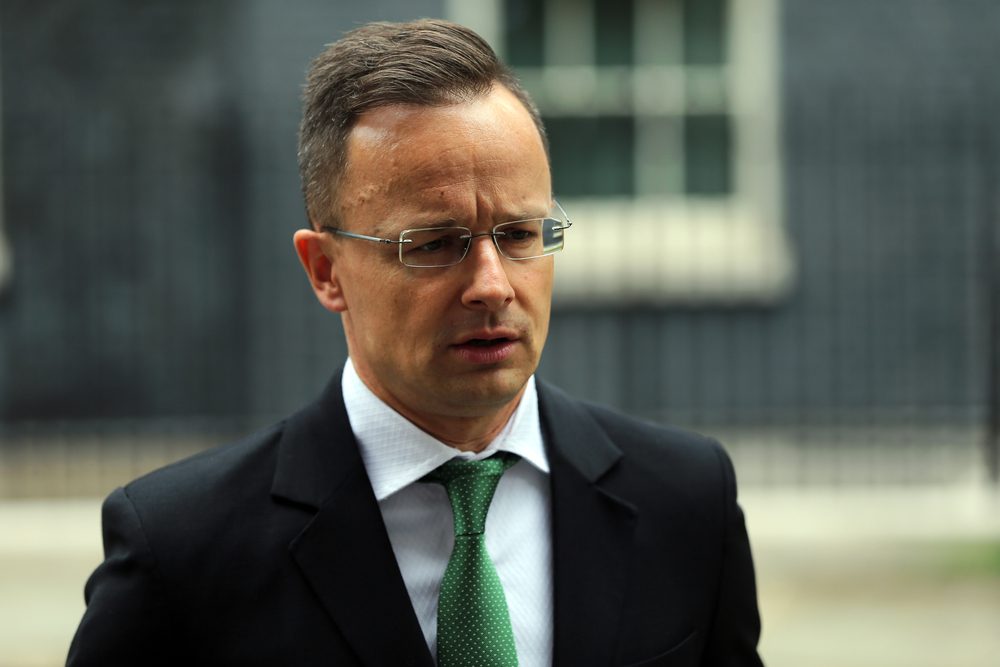
Hungarian Minister of Foreign Affairs Péter Szijjártó has sharply criticized the European Parliament, saying, among other things, that the institution lacks any credibility in light of its recent corruption scandals.
During a Sunday morning interview with Hungary’s Kossuth Rádió on February 13th, Szijjártó did not mince words when he said: “The credibility of the European Parliament is practically zero,” and added that “the latest corruption issues have clearly shown that we are speaking about one of the world’s most corrupt organizations,” the news portal Vadhajtāsok reports.
The foreign minister’s statements come as the Qatargate scandal continues to embroil the European Parliament. Earlier this month, Andrea Cozzolino and Marc Tarabella, two MEPs from the S&D group, were stripped of their parliamentary immunity as the investigation into one of the bloc’s most prolific corruption scandals grows in scope.
The two establishment-leftist MEPs are only the latest to be implicated in the Qatargate scandal. In December, the scandal broke when Greek Vice President of the European Parliament Eva Kaili, her partner Francesco Giorgi, the Italian former MEP Pier Antonio Panzeri, and a lobbyist were arrested by Belgian police for allegedly taking over €1.5 million in bribes—discovered during searches in Belgium and abroad. The largest amount, about €600,000 in cash, was found in the Brussels home of Panzeri.
But the foreign minister’s choice words for the European Parliament did not end with his lambasting the EU Parliament’s corruption problem. After arguing that “very few of the decisions, statements, and resolutions of the European Parliament have in fact helped Europe,” he went even further, saying that decisions taken by the EU legislature were “mostly harmful to Europe.”
Switching gears to the Russo-Ukrainian war, Szijjártó put forward the idea that the European Union’s continued arms deliveries to Ukraine, which he contends have prolonged the armed conflict, has ultimately been detrimental to the interests of all European nations.
“Everyone is well aware that the vicinity of the war causes many problems and challenges here in Europe. It is also clear that the same negative impacts are not present several thousand kilometers or an ocean away, but we here in Europe are constantly faced with these challenges,” the foreign minister said.
Szijjártó then slammed the numerous sanctions packages the EU has imposed against Russia, arguing that they have exacted a crippling toll on the European economy while having little to no effect on Russia.
“The sanctioning measures have completely failed,” he said, adding that the tenth package of sanctions will only be capable of “causing further damage to us Europeans—similar to the previous nine.”
In conclusion, the foreign minister told listeners:
Today, this is a regional war with a global impact, and we must prevent it from becoming a global war. Stepping out from the trans-Atlantic bubble, it is very obvious that the voices in favor of peace and the desire for peace are much louder than the mainstream liberal media in the trans-Atlantic world would have us believe.
